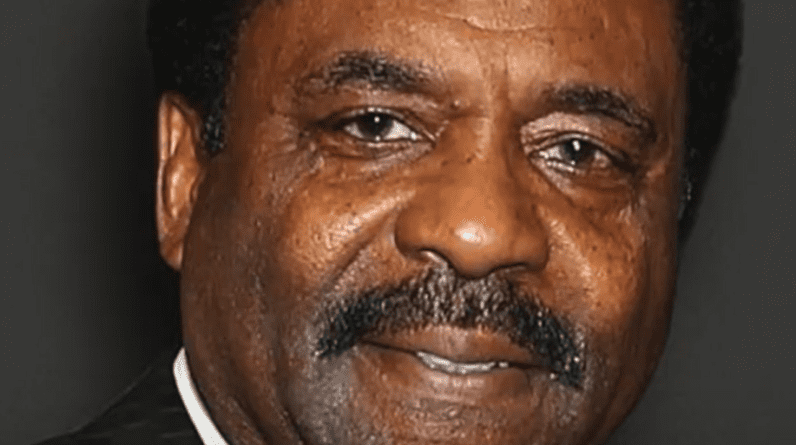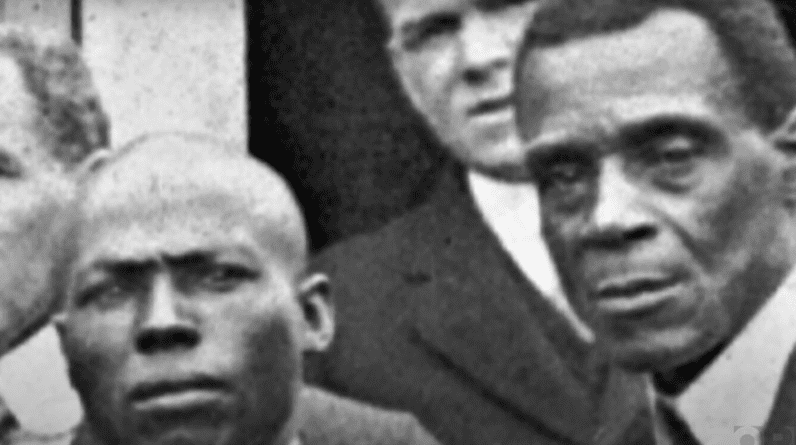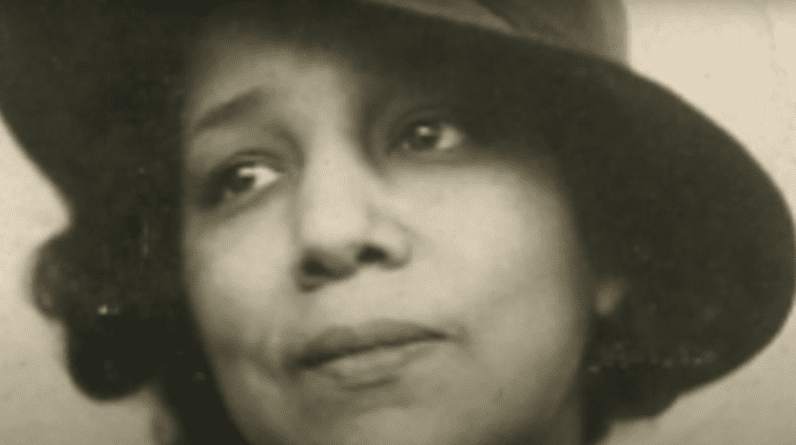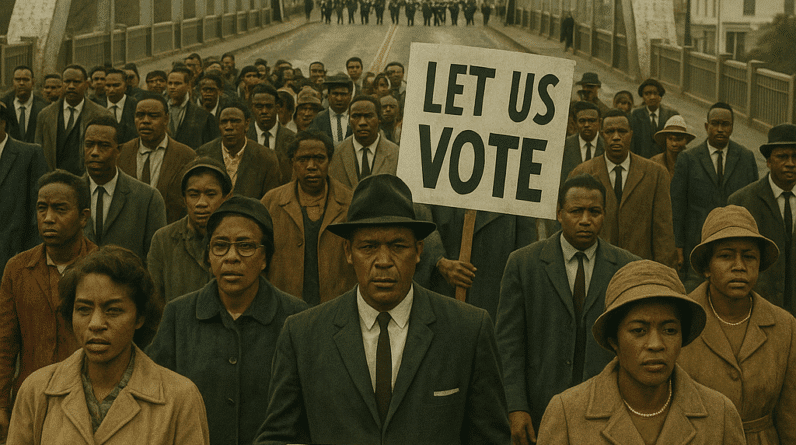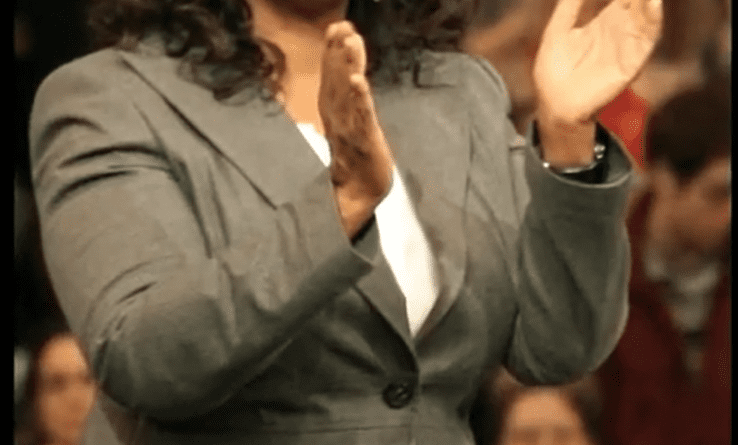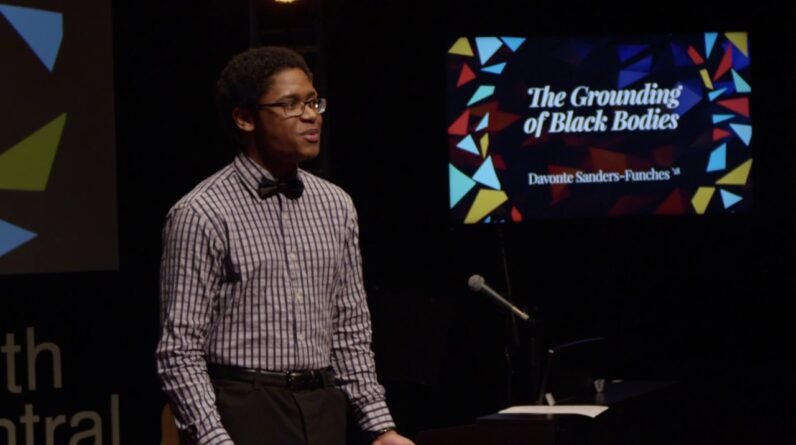
African American Traditions
Are you curious about the rich and vibrant traditions of the African American community? This article delves into the fascinating world of African American traditions, exploring their impact, significance, and preservation in today’s society. From music and dance to food and spirituality, the article highlights the diverse range of traditions that have shaped the African American culture throughout history. Whether you’re interested in learning about the origins of gospel music or the symbolism behind traditional African American cuisine, this article is your guide to discovering the wonders of African American traditions. Get ready to embark on a captivating journey that celebrates the richness and beauty of this vibrant culture.

Historical Background
Origins of African American traditions
African American traditions have deep roots in the history of the African people who were forcibly brought to America during the era of slavery. These traditions evolved from the diverse customs, beliefs, and practices of various African ethnic groups. From West Africa to Central Africa and beyond, Africans brought with them a rich tapestry of cultural heritage that would later shape the unique traditions of African Americans.
Impact of slavery on African American culture
Slavery had a profound impact on African American culture. The brutal and dehumanizing conditions that enslaved Africans endured forced them to adapt and develop survival strategies. Amidst the oppressive environment, African American traditions served as a means of resistance and preservation of cultural identity. Whether through music, dance, storytelling, or spiritual practices, these traditions provided solace, unity, and a sense of belonging in the face of adversity.
Resilience and preservation of traditions
Despite the hardships imposed by slavery, African Americans demonstrated incredible resilience in preserving their traditions. The oral tradition played a vital role in passing down stories, customs, and wisdom from one generation to another. Through these narratives, African American traditions were preserved and continued to thrive. This resilience allowed African Americans to maintain a strong connection to their roots and create a cultural legacy that continues to inspire and shape their community today.
Family and Community Celebrations
Importance of family in African American traditions
Family holds a significant place in African American traditions and serves as the foundation of community and cultural values. Strong family ties provide a sense of belonging and support, fostering a deep connection to one’s heritage. Family gatherings offer opportunities for celebration, reflection, and the passing down of traditions from elders to younger generations.
Examples of family celebrations (birthdays, graduations, reunions)
African American families celebrate various milestones and achievements as a way of honoring their loved ones and reinforcing familial bonds. Birthdays, graduations, and reunions are joyful occasions where family members come together to express their love and support. These celebrations often incorporate elements of African American culture, such as music, dance, and traditional foods, ensuring that family traditions are shared and cherished.
Community events (Juneteenth, Kwanzaa, Black History Month)
In addition to family celebrations, African American communities embrace and commemorate important cultural events and holidays. Juneteenth, also known as Freedom Day, is celebrated on June 19th to mark the emancipation of enslaved African Americans. Kwanzaa, a week-long celebration from December 26th to January 1st, honors African heritage, unity, and community building. Black History Month, observed in February, highlights the achievements and contributions of African Americans throughout history. These community events serve as powerful reminders of the resilience and pride within the African American culture.

Religious Practices
Significance of Christianity in African American community
Christianity has played a significant role in African American culture, serving as a source of strength and a foundation of faith. During slavery, many enslaved Africans adopted the Christian faith, finding solace and hope in its teachings. Christianity not only provided spiritual guidance but also became a platform for activism and social justice within the African American community.
Traditional forms of worship (African Methodist Episcopal Church, Gospel music)
The African Methodist Episcopal (AME) Church is one of the oldest and most influential African American Christian denominations. Founded in 1816, it provided a space for African Americans to worship freely and develop leadership skills. Gospel music, with its roots in African American spirituals, became an integral part of worship within the AME Church and other African American Christian traditions. The soul-stirring melodies, powerful lyrics, and vibrant rhythms of gospel music continue to uplift and inspire congregations today.
Religious rituals and ceremonies
Religious rituals and ceremonies hold deep cultural and spiritual significance within the African American community. Baptism, for example, symbolizes spiritual rebirth and is often accompanied by joyful celebrations. Funerals are also deeply rooted in African American religious traditions, combining elements of mourning, celebration of life, and communal support. These rituals serve to connect individuals with their faith, provide comfort during difficult times, and strengthen the bond within the community.
Food and Cuisine
Soul food: Origins and traditional dishes
Soul food is a cornerstone of African American cuisine, originating from the culinary traditions of enslaved Africans. With limited resources, African Americans ingeniously transformed meager ingredients into flavorful and nourishing meals. Traditional soul food dishes include collard greens, fried chicken, cornbread, black-eyed peas, and sweet potato pie. These dishes not only satisfy the appetite but also serve as a reminder of the resilience and creativity of African American ancestors.
Role of food in African American culture
Food has always played an integral role in African American culture. It serves as a conduit for connection, community, and heritage. Gathering around the table to share a meal fosters a sense of togetherness and strengthens family bonds. African American cuisine reflects the shared history and experiences of the community, and the preparation and enjoyment of these dishes keep traditions alive across generations.
Celebratory meals and holiday traditions
Celebratory meals hold a special place in African American traditions. Holidays like Thanksgiving and Christmas provide opportunities for families to come together and celebrate with a feast. These meals feature traditional dishes, like roasted turkey, macaroni and cheese, yams, and peach cobbler, which have become synonymous with African American holiday traditions. The joy and love shared around the table during these celebrations embody the spirit of African American culture.

Art and Expression
Influence of African art and aesthetics
The influence of African art and aesthetics on African American culture is immeasurable. African sculptures, masks, textiles, and other visual arts have inspired and influenced African American artists for centuries. The vibrant colors, intricate patterns, and symbolic motifs seen in African art can be found in various forms of African American artistic expression, from literature and music to visual arts and fashion. This infusion of African aesthetics has played a pivotal role in shaping African American identity and artistic traditions.
Development of African American literature, music, and visual arts
African Americans have made significant contributions to literature, music, and visual arts, enriching the cultural fabric of America. From writers like Langston Hughes, Maya Angelou, and Toni Morrison, who illuminated the African American experience through their words, to musicians like Louis Armstrong, Nina Simone, and Aretha Franklin, who captivated audiences with their soulful sounds, African American artists have used their creative expressions to advocate for social change, celebrate their heritage, and inspire generations.
Expression of identity through various art forms
Artistic expression has always been a powerful medium for African Americans to assert and celebrate their identity. From the Harlem Renaissance of the 1920s, which showcased African American cultural contributions, to the modern-day Black Lives Matter movement, art has been a platform for amplifying voices, challenging stereotypes, and calling for justice. African American artists continue to use their talents to tell compelling stories, share diverse perspectives, and foster dialogues that transcend boundaries.
Fashion and Style
Traditional African attire and its integration into modern fashion
Traditional African attire, with its vibrant colors, bold patterns, and intricate designs, has heavily influenced modern African American fashion. From the flowing garments of West Africa to the headwraps and dashikis, African aesthetics are frequently incorporated into contemporary style. The integration of traditional African elements into modern fashion represents a proud celebration of heritage and serves as a visual affirmation of African American identity and cultural pride.
Distinctive styles and trends in African American fashion
African American fashion has long been at the forefront of style innovation and trendsetting. From the flamboyant fashion of the Harlem Renaissance to the distinctive streetwear and hip-hop styles of the late 20th and early 21st centuries, African American fashion has consistently pushed boundaries, challenged societal norms, and embraced self-expression. The influence of African American designers, models, and style icons continues to shape the global fashion industry, asserting a unique cultural voice through clothing and personal style.
Hair and beauty practices within the community
Hair and beauty practices are integral to African American culture, representing both individual beauty and a collective cultural heritage. Natural hairstyles, such as afros, braids, and locs, are celebrated as expressions of identity and cultural pride. These styles often require meticulous care and maintenance, creating opportunities for bonding and sharing knowledge within the community. African American beauty practices, including skincare rituals and the use of specific products, have also become sources of creativity and self-care within the community.
Dance and Performance
African dance traditions and their transformation in America
African dance traditions, characterized by rhythmic movements, vibrant costumes, and communal participation, have been transformed in America, creating new dance forms that highlight the resilience and creativity of African American culture. Through the fusion of African dance elements with various musical genres like jazz, blues, and hip-hop, African American dance has evolved into a powerful and dynamic art form. From intricate footwork in tap dance to the expressive storytelling of contemporary dance, African American dancers have brought their unique style and flair to the world stage.
Black dance companies and influential performers
Black dance companies have been at the forefront of promoting African American dance traditions and providing a platform for Black dancers to showcase their talent. Companies like Alvin Ailey American Dance Theater, Dance Theatre of Harlem, and Urban Bush Women have not only revolutionized the world of dance but also created opportunities for Black dancers to thrive and inspire others. Influential performers like Misty Copeland, Savion Glover, and Judith Jamison have shattered barriers, redefined beauty standards, and paved the way for future generations of African American dancers.
Importance of dance as a cultural expression
Dance holds immense cultural significance within the African American community, serving as a powerful means of storytelling, expression, and connection. From traditional African dances performed during rituals and celebrations to the energetic movements of hip-hop and street dance, African American dance represents a rich tapestry of history, resilience, and creativity. It continues to serve as a form of cultural expression, enabling African Americans to share their experiences, celebrate their heritage, and ignite social change.
Education and Wisdom
Historical challenges and triumphs of African American education
African American education has faced immense challenges throughout history, from slavery, where literacy was forbidden, to the segregation era, which perpetuated unequal access to quality education. Despite these obstacles, African Americans have triumphed and fought for educational equality. Pioneers like Booker T. Washington and W.E.B. Du Bois worked tirelessly to uplift the Black community through education, leading to advancements such as the establishment of historically Black colleges and universities. The pursuit of education continues to be a cornerstone of African American culture, empowering individuals and driving social progress.
Prominent African American scholars and their contributions
African American scholars have made indelible contributions across various fields, enriching the intellectual landscape of America and the world. From philosophers and sociologists like Cornel West and Angela Davis to scientists and inventors like George Washington Carver and Mae Jemison, African American intellectuals have defied barriers and left a lasting legacy. Their groundbreaking research, scholarship, and advocacy have expanded knowledge, challenged conventional wisdom, and paved the way for future generations of African American scholars.
The value of oral history and passing down wisdom
Oral history holds immense value within the African American community as a means of preserving and passing down wisdom, knowledge, and experiences. Storytelling, through oral tradition, has played a crucial role in preserving the history, culture, and struggles of African Americans. Elders within the community are seen as living repositories of wisdom, and their stories serve as a bridge between past and present, ensuring that future generations remain connected to their roots. The importance of oral history serves as a reminder of the resilience and depth of the African American culture.
Activism and Social Justice
Role of African Americans in social justice movements
African Americans have played a significant role in shaping social justice movements throughout history. From the abolitionist movement and the fight against Jim Crow segregation to the Civil Rights Movement and the ongoing struggle against racial inequality, African Americans have been at the forefront, advocating for justice, equality, and human rights. Through peaceful protests, grassroots organizing, and acts of civil disobedience, African Americans have made lasting contributions to the advancement of social justice in America.
Civil rights leaders and their impact
Prominent civil rights leaders have emerged from the African American community, leading transformative movements and driving social change. Figures like Martin Luther King Jr., Rosa Parks, Malcolm X, and Fannie Lou Hamer became icons of courage, using their voices and actions to challenge systemic racism and inequality. Their tireless efforts and sacrifices paved the way for landmark legislation, such as the Civil Rights Act of 1964 and the Voting Rights Act of 1965, forever changing the course of American history.
Continued fight against racial inequality
While progress has been made, the fight against racial inequality is far from over. African Americans continue to face systemic racism, social disparities, and acts of injustice. Movements like Black Lives Matter have emerged to vigorously advocate for racial equality, police reform, and an end to systemic violence. African American communities, activists, and allies are working tirelessly to challenge the status quo and create a more equitable and inclusive society for all.
Sports and Recreation
Athletic achievements and impact of African American athletes
African American athletes have made extraordinary contributions to the world of sports, breaking records, shattering stereotypes, and inspiring generations. From pioneers like Jackie Robinson, who broke the color barrier in Major League Baseball, to trailblazers like Serena Williams and LeBron James, who dominate their respective sports today, African American athletes have achieved greatness despite facing discrimination and adversity. Their achievements have not only revolutionized the athletic landscape but have also provided platforms for activism, promoting social change beyond the realm of sports.
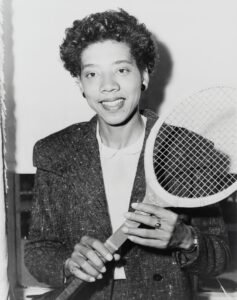
Popular sports within the African American community
Sports have always held a special place in African American culture, providing a platform for self-expression, community engagement, and athletic excellence. Basketball, football, and track and field are popular sports within the African American community, capturing the hearts and minds of both athletes and fans. These sports have fostered camaraderie, showcased talent, and highlighted the incredible athleticism of African American athletes. Participation in sports plays a pivotal role in instilling discipline, teamwork, and resilience within African American youth.
Legacy of sports in African American culture
The legacy of sports in African American culture extends far beyond the field or court. African American athletes have become cultural icons, inspiring generations and challenging societal norms. Their achievements have broken down barriers, opened doors for future athletes, and helped shape the landscape of American sports. Sports continue to serve as a source of pride, representation, and unity within the African American community, reminding individuals of their limitless potential and the power of perseverance.


